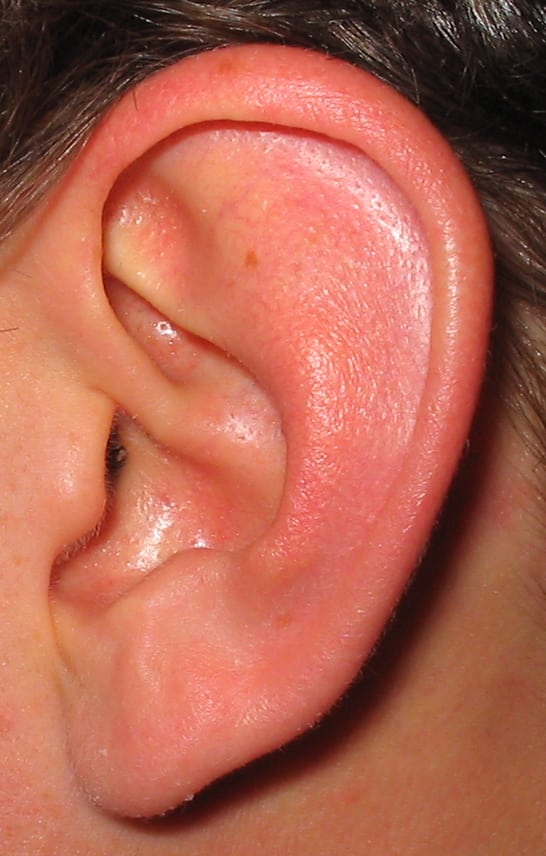 Our ears are sensitive organs. Often treated harshly with over-cleaning, loud music and too much pressure, ear health problems are becoming increasingly prevalent. Most people have heard the term‘swimmer’s ear’. The painful infection of the outer ear most commonly occurs in the summer months, gaining its name from the exposure of the ear to water while swimming or showering. But there are other conditions that people will want to avoid no matter the season, such as ‘music-lover’s ear’ and ‘unpressurized ear’. Look after your quality of hearing by adopting the following tips in the upcoming warmer months.
Our ears are sensitive organs. Often treated harshly with over-cleaning, loud music and too much pressure, ear health problems are becoming increasingly prevalent. Most people have heard the term‘swimmer’s ear’. The painful infection of the outer ear most commonly occurs in the summer months, gaining its name from the exposure of the ear to water while swimming or showering. But there are other conditions that people will want to avoid no matter the season, such as ‘music-lover’s ear’ and ‘unpressurized ear’. Look after your quality of hearing by adopting the following tips in the upcoming warmer months.
3 Summer Tips for Sustaining Ear Health
- Lower Music Volumes: According to an international poll, a large percentage of high-schoolers have either had to turn up the volume to hear the television, suffered from tinnitus, or experienced a dull perception of sound. These are symptoms of ear health damage, a list which include hearing people’s voices as muffled. The most frightening part is that they’re symptoms that are usually experienced by older people – not kids. The problem? Severely loud music. Young people are wearing down the tiny hair cells of the inner ear that translate sound into nerve signals that travel to the brain. Either turn the music volume down or purchase headphones that promote ear health.
- Less Cleaning: You might think that removal of ear wax automatically equals health, but the truth is that wax protects our ears from bacteria. Instead of directly sticking them into our ear canals, cotton swabs are meant to clear away the wax that migrates to the outside of the ear. The above activity can cause the wax to compact by pushing it further into our ear canal. If this happens, it’s best to go see your doctor – who can safely remove it.
- Plane-Proof Your Ears: Too much pressure on an ear can cause severe pain, bleeding and even perforation. Barotitis usually occurs on an aeroplane when a person doesn’t equalise the pressure in their ear in the landing or take-off phase. One can do this by yawning, chewing gum, or swallowing. If you have a baby, a small pacifier should do the trick.
If you’ve already suffered hearing loss, treatment of your inner ear health should include vitamin supplements in addition to the above tips. Preventative measures to conditions like tinnitus and perforation, they cannot correct damage that’s already been done. Visit an ear doctor if you’re suffering from excessive ringing in the ear and/or pain.
Bella Gray is a lifestyle blogger who is particularly interested in ear health. A maestro of tips and strategies to improve listening, Gray is the perfect go-to-gal for all your health queries and solutions.















